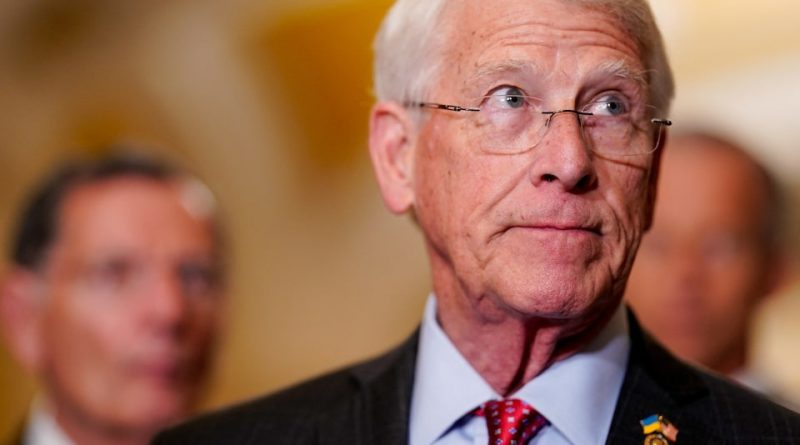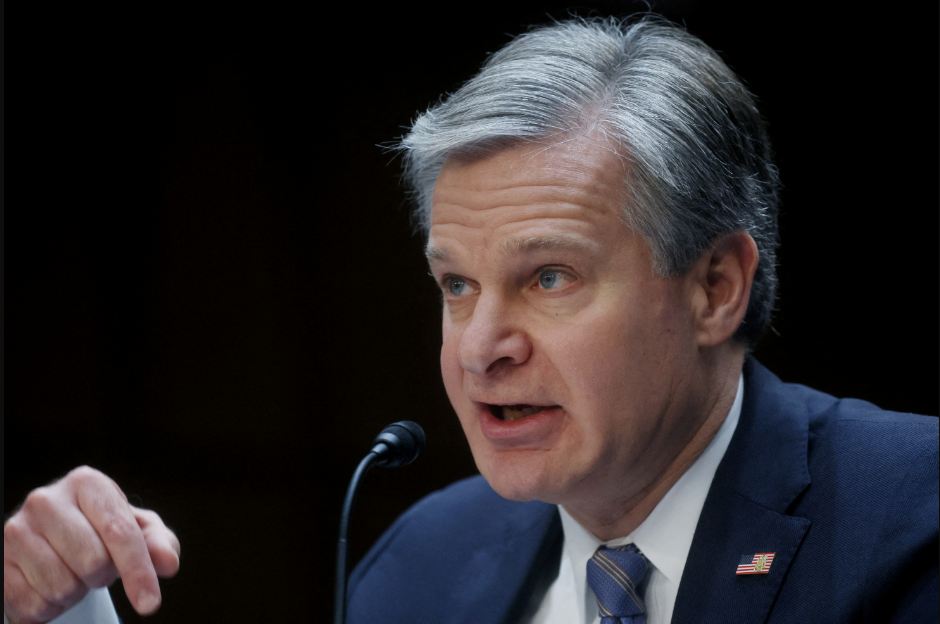US senators call for clarity on anti-drug strategy amid regional security focus
Bipartisan senators seek clarity on U.S. anti-drug operations, emphasizing transparency, accountability, and global cooperation as Washington strengthens its regional security strategy.
In a renewed call for transparency and cooperation, U.S. senators from both major parties have urged the administration to provide further details on its anti-drug operations in the Caribbean and the Pacific.
The bipartisan initiative reflects a shared commitment to ensuring that America’s counter-narcotics strategy aligns with both legal standards and long-term regional stability goals.
Senators Roger Wicker of Mississippi and Jack Reed of Rhode Island, who serve as the leading members of the Senate Armed Services Committee, emphasized the importance of oversight and accountability while reaffirming support for efforts to curb international drug trafficking.
Both lawmakers praised the U.S. military’s role in combating illicit trade networks that threaten national and regional security but noted the need for greater clarity on operational details and the legal framework guiding recent missions.
The committee’s leadership expressed confidence that open dialogue and coordination between the Senate and the administration could strengthen the nation’s anti-drug efforts.
Their joint statement emphasized that combating narcotics is not just a matter of enforcement but also of ensuring transparency, upholding international law, and fostering cooperation with regional partners.
According to defense officials, recent anti-drug missions in the Caribbean and eastern Pacific have targeted vessels suspected of trafficking narcotics across international waters.
The Pentagon stated that several of the requested documents and briefings have already been made available to congressional staff, signaling progress toward greater transparency.
Pentagon Press Secretary Kingsley Wilson confirmed that multiple bipartisan briefings have taken place, allowing senators to review classified information and operational updates.
Observers note that this development underscores a positive shift toward stronger collaboration between branches of government. It highlights how constructive dialogue can ensure the effectiveness and integrity of U.S. counter-narcotics initiatives.
The campaign against drug cartels remains a cornerstone of America’s broader security and foreign policy strategy, aimed at protecting communities from the dangers of illicit trade while promoting peace and stability across the Western Hemisphere.
Senator Wicker reaffirmed that the committee’s goal is to ensure operations are conducted responsibly and in line with U.S. values.
“We fully support our armed forces and their mission to safeguard international waters and dismantle drug trafficking networks,” he said. “At the same time, we have a duty to ensure that every action aligns with our legal and ethical standards.”
Senator Reed echoed similar sentiments, stressing that bipartisan oversight strengthens public trust in national security decisions. “Transparency and accountability are key to ensuring these missions remain effective and justified,” he added.
The U.S. administration has reiterated that its operations are designed to target criminal networks responsible for trafficking narcotics that fuel violence and corruption across the Americas.
Officials have also emphasized the humanitarian and regional cooperation aspects of the campaign, which involve working closely with allied nations to intercept smuggling routes and support local enforcement capabilities.
As discussions continue, experts suggest the current focus on communication between the Pentagon and Congress may lead to more refined strategies that balance enforcement with diplomacy.
Such cooperation could pave the way for more effective regional partnerships, enhanced intelligence sharing, and improved maritime security.
The latest dialogue between U.S. lawmakers and defense officials illustrates a broader effort to modernize America’s approach to counter-narcotics operations—one that integrates military precision, legal oversight, and international collaboration.
By emphasizing transparency and accountability, Washington aims to set a positive example of responsible global leadership while reinforcing its commitment to regional peace and security.



